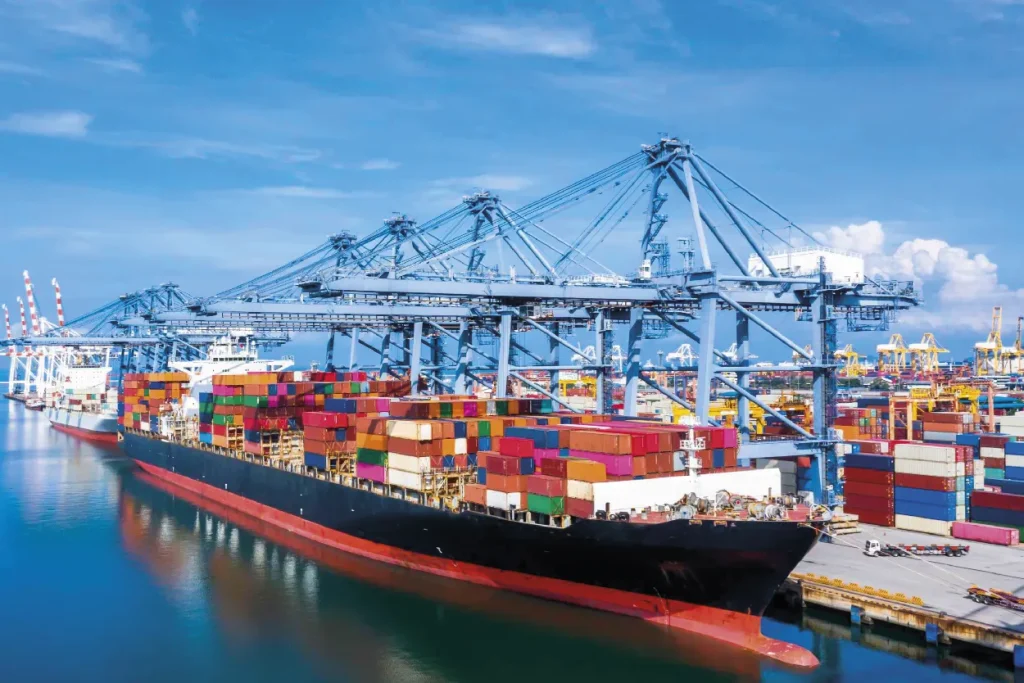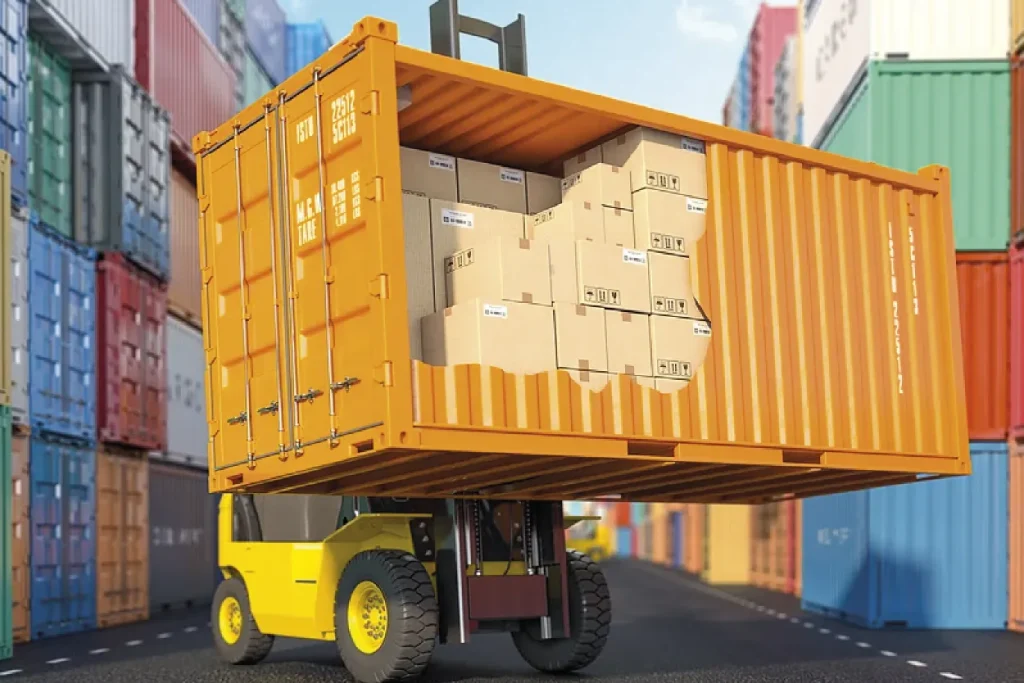Transport anything from anywhere


We are able to negotiate reasonable freight rates and acquire enough space for Full container load from each place we serve because to our network of first-class carriers. Speak with us to receive a detailed quote that takes into account customs clearance.

Clients with comparatively modest shipments that do not fill an entire container might choose this option.We don't currently offer it everywhere we provide service. It is offered in China, India, Dubai, and Turkey. For more information, please contact Us.
